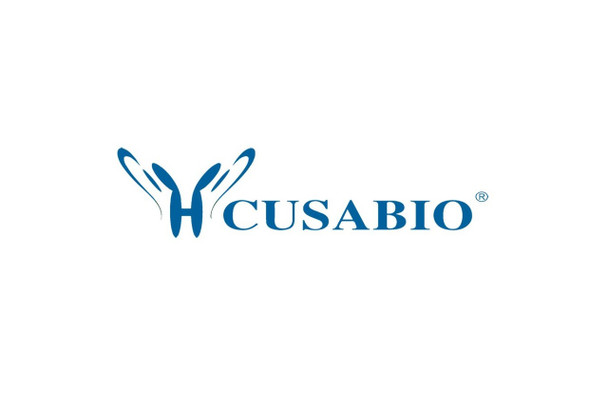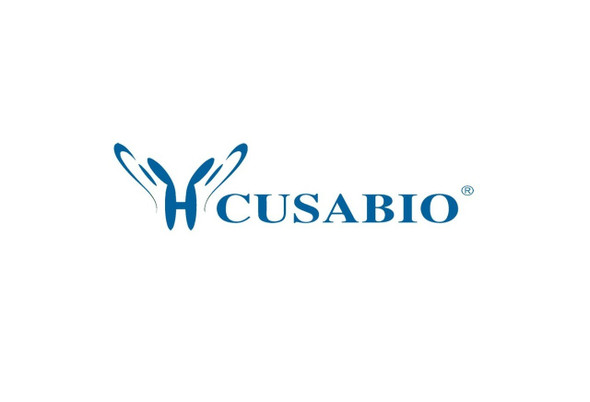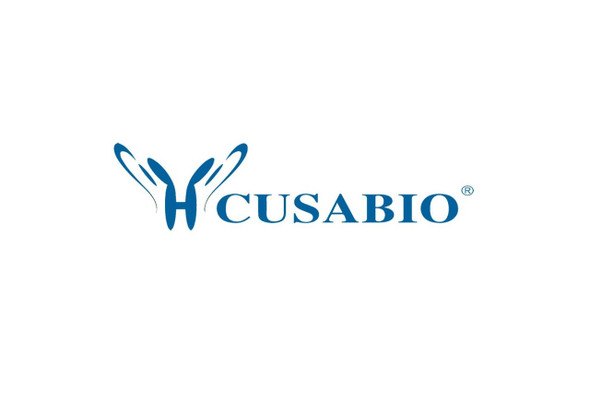Cusabio Rattus norvegicus Recombinants
Recombinant Rat Alpha-2-macroglobulin (A2m), partial | CSB-YP001004RA
- SKU:
- CSB-YP001004RA
- Availability:
- 25 - 35 Working Days
Description
Recombinant Rat Alpha-2-macroglobulin (A2m), partial | CSB-YP001004RA | Cusabio
Alternative Name(s): A2m; A2m1Alpha-2-macroglobulin; Alpha-2-M
Gene Names: A2m
Research Areas: Others
Organism: Rattus norvegicus (Rat)
AA Sequence: LIYDLLPVKDLTGFPQGADQREEDTNGCVKQNDTYINGILYSPVQNTNEEDMYGFLKDMGLKVFTNSNIRKPKVCERLRDNKGIPAAYHLVSQSHMDAFLESSESPTETRRSYFPETWIWDLVVVDSAGVA
Source: Yeast
Tag Info: N-terminal 6xHis-tagged
Expression Region: 620-750aa
Sequence Info: Partial
MW: 16.9 kDa
Purity: Greater than 90% as determined by SDS-PAGE.
Relevance: Is able to inhibit all four classes of proteinases by a unique 'trapping' mechanism. This protein has a peptide stretch, called the 'bait region' which contains specific cleavage sites for different proteinases. When a proteinase cleaves the bait region, a conformational change is induced in the protein which traps the proteinase. The entrapped enzyme rains active against low molecular weight substrates (activity against high molecular weight substrates is greatly reduced). Following cleavage in the bait region a thioester bond is hydrolyzed and mediates the covalent binding of the protein to the proteinase.
Reference: Sequence of rat liver alpha 2-macroglobulin and acute phase control of its messenger RNA.Gehring M.R., Shiels B.R., Northemann W., de Bruijn M.H.L., Kan C.-C., Chain A.C., Noonan D.J., Fey G.H.J. Biol. Chem. 262:446-454(1987)
Storage: The shelf life is related to many factors, storage state, buffer ingredients, storage temperature and the stability of the protein itself. Generally, the shelf life of liquid form is 6 months at -20?/-80?. The shelf life of lyophilized form is 12 months at -20?/-80?.
Notes: Repeated freezing and thawing is not recommended. Store working aliquots at 4? for up to one week.
Function: Is able to inhibit all four classes of proteinases by a unique 'trapping' mechanism. This protein has a peptide stretch, called the 'bait region' which contains specific cleavage sites for different proteinases. When a proteinase cleaves the bait region, a conformational change is induced in the protein which traps the proteinase. The entrapped enzyme remains active against low molecular weight substrates (activity against high molecular weight substrates is greatly reduced). Following cleavage in the bait region a thioester bond is hydrolyzed and mediates the covalent binding of the protein to the proteinase.
Involvement in disease:
Subcellular Location: Secreted
Protein Families: Protease inhibitor I39 (alpha-2-macroglobulin) family
Tissue Specificity: Highest constitutive expression in ovary. Low level in testis, uterus and non-acute phase liver. Protein found in plasma.
Paythway:
Form: Liquid or Lyophilized powder
Buffer: If the delivery form is liquid, the default storage buffer is Tris/PBS-based buffer, 5%-50% glycerol. If the delivery form is lyophilized powder, the buffer before lyophilization is Tris/PBS-based buffer, 6% Trehalose, pH 8.0.
Reconstitution: We recommend that this vial be briefly centrifuged prior to opening to bring the contents to the bottom. Please reconstitute protein in deionized sterile water to a concentration of 0.1-1.0 mg/mL.We recommend to add 5-50% of glycerol (final concentration) and aliquot for long-term storage at -20?/-80?. Our default final concentration of glycerol is 50%. Customers could use it as reference.
Uniprot ID: P06238
HGNC Database Link: N/A
UniGene Database Link: UniGene
KEGG Database Link: KEGG
STRING Database Link: STRING
OMIM Database Link: N/A









